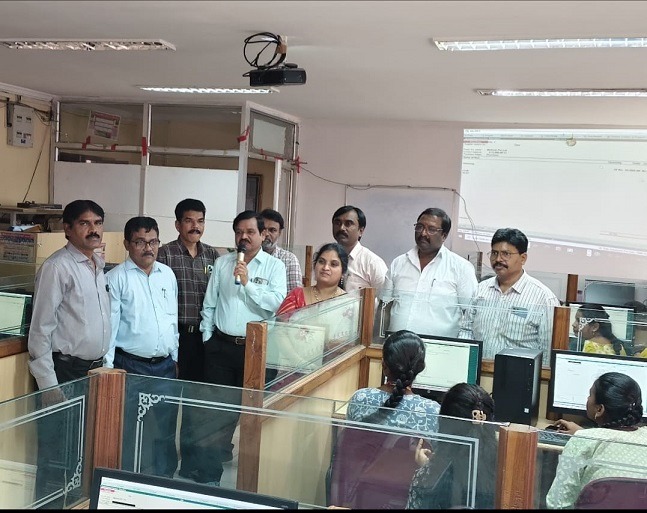
Authored Article By Fabha Afreen
Assistant Professor of Law, Justice Kumarayya College of Law, Karimnagar
KARIMNAGAR, JULY 14, 2025: In a significant victory for the Tamil Nadu administration, the Supreme Court ruled on April 8, 2025, that Governor R.N. Ravi’s decision to withhold assent for 10 important bills was both “illegal” and “arbitrary”. The court’s verdict has far-reaching implications for the relationship between the Governor and the state government¹.

The Background
The Tamil Nadu Legislative Assembly had passed 10 bills, which were then sent to the Governor for assent. However, instead of assenting or rejecting the bills, the Governor chose to reserve them for the President’s consideration, sparking a constitutional crisis².
The Supreme Court’s Verdict
The Supreme Court bench, consisting of Justices J.B. Pardiwala and R. Mahadevan, declared that the Governor’s actions were unconstitutional and ordered that the pending bills be considered cleared from the date they were re-presented to the Governor. The court emphasised that the Governor has no discretionary power and must act on the aid and advice of the Chief Minister and the Council of Ministers ³ ⁴.
Key Takeaways
Governor’s Powers: The Governor’s role is not to impose personal opinions but to act in accordance with the Constitution.
State Rights: The verdict strengthens state governments and ensures that the Governor’s office is not used to undermine the democratic process.
Constitutional Values: Authorities occupying high offices must uphold constitutional values and act in good faith ⁵ ⁶.
Reactions
The verdict has been welcomed by various political parties in Tamil Nadu, including the Pattali Makkal Katchi (PMK) and the Congress. Tamil Nadu Chief Minister M.K. Stalin hailed the verdict as a “historic” win for the state, while Dravidar Kazhagam president K. Veeramani called for the Governor’s resignation ⁴ ⁷.
Impact
This landmark verdict sets a precedent for the role of Governors in the legislative process and reinforces the principle that they must act in good faith and within the bounds of the Constitution. The ruling also underscores the importance of timely and appropriate action by constitutional authorities in upholding the rights of state legislative assemblies ⁶.
Reference
1.https://wishesh.com/hot-buzz/81335-supreme-court-s-verdict-on-governor-s-powers-in-tamil-nadu-case.html
- https://thecommunemag.com/supreme-courts-decree-on-tamil-nadu-bills-raises-questions-on-judicial-overreach-over-executive-authority/
- https://lawchakra.in/supreme-court/supreme-court-cm-mk-stalin/
- https://yespunjab.com/pmk-cong-welcome-supreme-court-verdict-against-tn-governor-ravi/
- https://lawchakra.in/supreme-court/tn-authorities-constitutional-values/
- https://reflections.live/articles/58/supreme-court-vs-governor-a-landmark-verdict-that-redefines-state-power-and-constitutional-duty-21428-m99g1n6n.html




